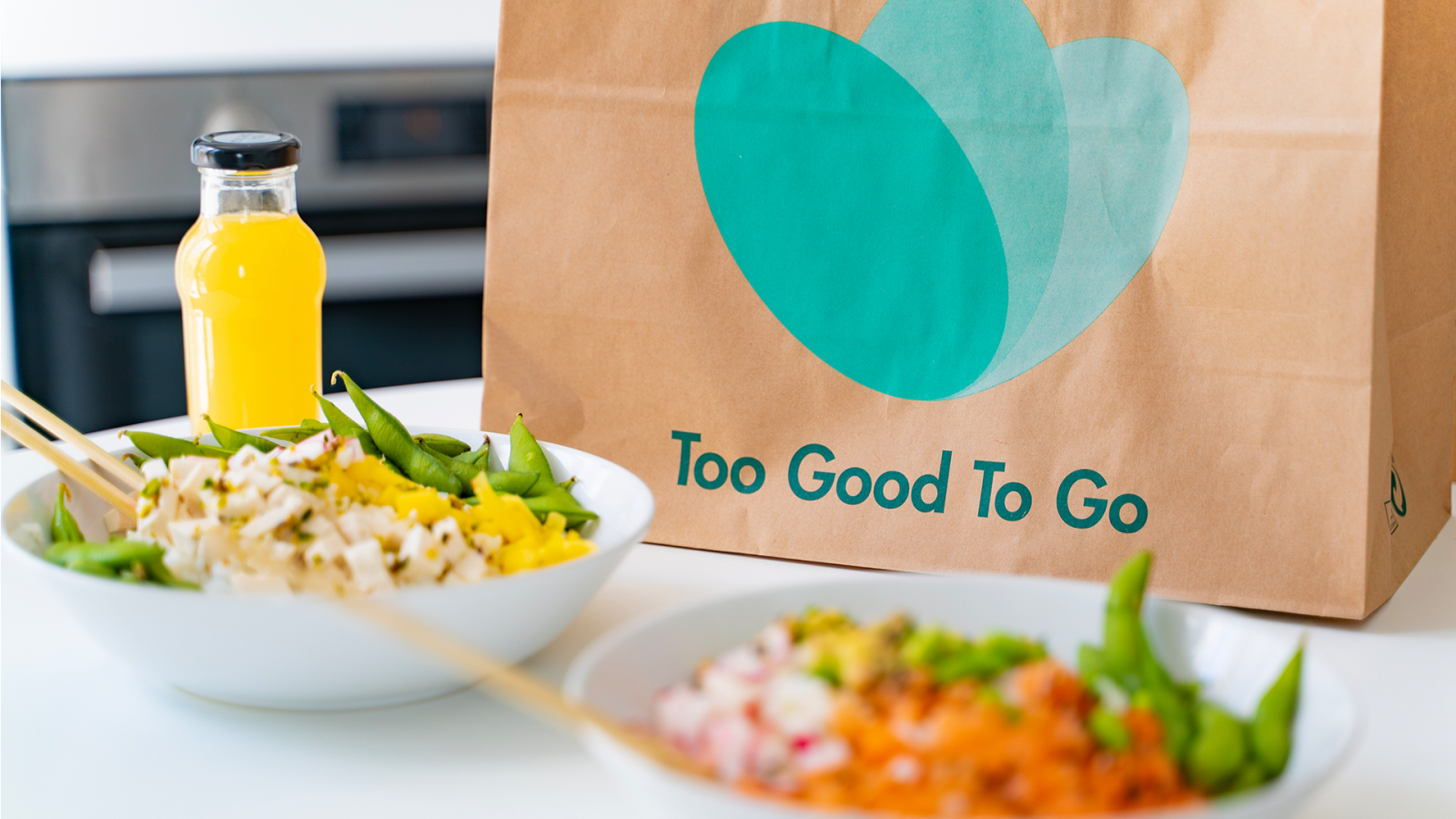Today a partnership between Visit West, the Destination Management Organisation for Bristol, Bath and North East Somerset, North Somerset and South Gloucestershire and Too Good To Go was announced to help businesses in the region fight food waste and become more sustainable.

The Too Good To Go app was launched in 2016 to combat waste within the food industry. Every day surplus fresh food goes to waste at cafes, restaurants, hotels, shops and manufacturers just because it hasn’t sold. The app lets customers buy and collect this food – at a great price – so it gets eaten instead of wasted. Customers won’t know exactly what’s in the order until it’s picked up but it is guaranteed to be worth at least three times what they pay. Over 16,000 businesses across the UK have already signed up to the app including 1 in 3 food and drink businesses in Bristol.
Kathryn Davis, Director of Tourism, Visit West said: “We are delighted to announce our partnership with Too Good To Go. Reducing food waste is critical for businesses and the planet, so it is important for us to support initiatives such as this. Too Good To Go helps businesses to reduce food waste, recover costs and find new customers, supporting sustainability across retail and hospitality.”
Paschalis Loucaides, UK Managing Director, Too Good To Go said: “We’re thrilled to be partnering with Visit West to help even more hospitality and food businesses in the local area fight food waste. If we’re to reduce our greenhouse gas emissions and fight climate change, reducing food waste is the number one action we can take. I can’t wait to see the impact we can make together through this fantastic collaboration.”
Matthew Phillips, Catering Cluster Manager, Bristol University said: “We started using Too Good To Go in September 2019 as a way of reducing our food waste in line with the University’s commitment to sustainability. We currently offer mystery bags from 4 locations utilising food items that would otherwise be thrown away such as sandwiches, salads, pastries as well as tinned or packaged food. The biggest advantage for us has been to not only reduce our food wastage, but also offer another platform to reach our students as well as the public to encourage our sustainability message.”
Related
Comments
Nobody has commented on this post yet, why not send us your thoughts and be the first?













